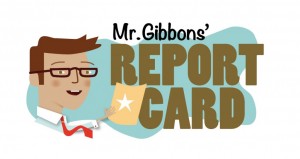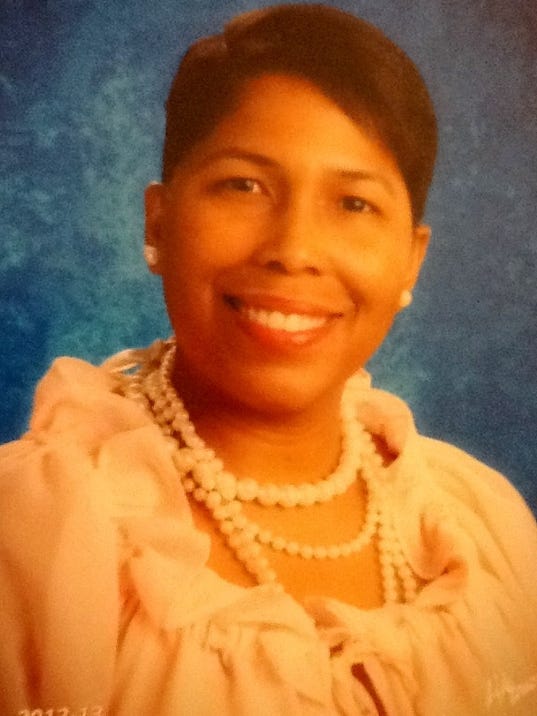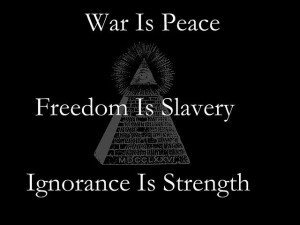 North Carolina’s anti-voucher professors
North Carolina’s anti-voucher professors
Helen Ladd, William A. Darity, Rosyln Mickel, Charles Clotfelter, Sherick Hughes, and Jenni Owen are professors and program directors at various universities in North Carolina including Duke University, the University of North Carolina at Chapel Hill and the University of North Carolina at Charlotte. Earlier this week they filed an Amicus brief in favor of overturning North Carolina’s new voucher program.
In the brief, they argue research doesn’t support vouchers and that voucher proponents cherry-pick statistics and fail to control for demographic differences.
 The professors begin their case by citing a controversial study, by Chris and Sarah Lubienski. That study doesn’t even look at the impact of vouchers but simply compares public and private school students on math (but not reading, though that data is available and similar studies have found higher reading scores for private school students).
The professors begin their case by citing a controversial study, by Chris and Sarah Lubienski. That study doesn’t even look at the impact of vouchers but simply compares public and private school students on math (but not reading, though that data is available and similar studies have found higher reading scores for private school students).
While the professors accuse voucher proponents of failing to control for demographics in research supportive of vouchers, the evidence they present against Milwaukee’s voucher program is a Journal Sentinel article on the apples-to-oranges comparison between all public school students and the low-income voucher students. Interestingly, the professors must have missed the one sentence in the article noting the voucher students outperformed their low-income public school peers.
 The professors also selectively quote research. Take for example Patrick Wolf’s often misunderstood study on the D.C. voucher program. For the first several years the study showed higher achievement for students offered a voucher, but the statistically significant difference disappeared in the final-year report. The professors fail to mention the famous reason why. Nearly half of the control group (non-voucher students) ended up in private schools or charter schools anyway. They also didn’t note the substantial improvement in graduation rates for D.C. voucher students.
The professors also selectively quote research. Take for example Patrick Wolf’s often misunderstood study on the D.C. voucher program. For the first several years the study showed higher achievement for students offered a voucher, but the statistically significant difference disappeared in the final-year report. The professors fail to mention the famous reason why. Nearly half of the control group (non-voucher students) ended up in private schools or charter schools anyway. They also didn’t note the substantial improvement in graduation rates for D.C. voucher students.
Finally, the professors worry about the harm a “parallel” system of education might cause traditional district schools, but they make no mention of the 22 studies on the competitive effects of voucher and tax-credit scholarship programs on public schools. Of those studies, 21 found that, though the improvements are usually slight, public schools actually do better when faced with competition from nearby voucher schools.
Cherry picking, failing to control for demographics, and selectively quoting research and data, the Duke and UNC professors end up committing many of the same faults they find with voucher supporters.
Grade: Needs Improvement
Tysha K. Pittman
 Tysha K. Pittman is a school counselor with Florida State University’s lab school, and a breath of fresh air after reading the works UNC and Duke University employees above. Pittman notes Florida offers a range of choice options – including public, private, charter or virtual education – but she wants parents to do their homework first. Fair enough.
Tysha K. Pittman is a school counselor with Florida State University’s lab school, and a breath of fresh air after reading the works UNC and Duke University employees above. Pittman notes Florida offers a range of choice options – including public, private, charter or virtual education – but she wants parents to do their homework first. Fair enough.
Maybe the little extra parental involvement to find children the best schools leads parents to realize their local public school may just be the best fit. Maybe moving schools proves too much of a disruption for the child and they return back to the public school. That’s ok, because public schools can make great choices too.
Grade: Satisfactory
Amanda Karhuse
 Amanda Karhuse is the Director of Government Relations for the National Association of Secondary School Principals and she has an interesting take on National School Choice Week.
Amanda Karhuse is the Director of Government Relations for the National Association of Secondary School Principals and she has an interesting take on National School Choice Week.
On the Principals Policy Blog, Karhuse argues the celebration of school choice is a “rhetorical gem to which George Orwell would be proud.” To her, school choice is really “Doublespeak,” a term rooted in George Orwell’s book “1984” that refers to using language to purposefully distort the meaning of words.
There’s no question doublespeak has permeated modern political- and business-speak, in the form of euphemisms like “downsizing” that attempt to make layoffs and firings more palatable. Karhuse claims school choice is simply a euphemism for private school vouchers.
Doublespeak (along with its root: doublethink) can also be the ability to hold two contradictory ideas in one’s mind at the same time and believe both are true. Another example can be pulled from Karhuse’s blog, where she writes, “public schools, on the other hand, are required to accept all students.” An interesting yet contradictory sentiment as she apparently prefers a system where most students are zoned to schools and are not able to freely move between them, and fails to note that many public schools are forced to turn students away due to excessive demand.
Apparently she wasn’t watching the actual National School Choice Week events, which celebrated public school choice programs alongside private, charter and virtual schools and even home education, or looking at the data on school choice, which show a huge percentage of school choice participation in states like Florida is actually happening among various public school options. Parents are voting with their feet, and long waiting lists suggest they want more choices available — including in public schools.


